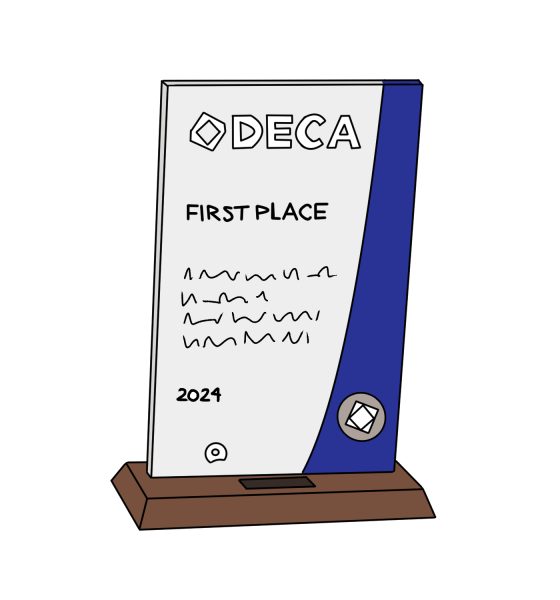SAT to return to 1600-point scale
May 6, 2014
In recent years, the SAT has come under fire for the supposed advantages it offers to more privileged students, its growing disconnect with high school Common Core curriculum, and its subjective essay given as part of the writing section. On March 5, 2014, College Board, the organization that distributes the SAT nationally each year, announced plans to redesign its popular standardized test.
“[The SAT has become] far too disconnected from the work of our high schools,” College Board President and CEO David Coleman said in a CNN article. “[It’s] too stressful for students, too filled with mystery and ‘tricks’ to raise scores and [isn’t] necessarily creating more college-ready students.”
The redesigned SAT, which will be administered for the first time in the spring of 2016, will be composed of three sections: Evidence-Based Reading and Writing, Math, and an optional Essay. Similar to the test before its 2005 revision, the redesigned SAT will be scored on a 400- to 1600-point scale, with each section scored on a 200- to 800-point scale and the Essay score reported separately.
Complex and obscure vocabulary has long been a hallmark of the SAT, but College Board disclosed that the new test will focus more on words relevant to high school, college, and beyond, asking students to interpret the meaning of them based on the context of the passages in which they appear. The new test will also test a student’s command of evidence by requiring him to select quotes from the text that best support the answers he has chosen in some of the preceding questions.
The redesigned SAT, College Board also says, will have a greater focus on problems with real-world contexts, and will rely more extensively on graphics like charts and graphs to test a student’s ability to interpret and utilize evidence. Each test will also include questions about an excerpt from either an American founding document or a text pertaining to global justice, freedom, and human dignity in order to promote engagement in citizenship-based discussion.
Lastly, the optional essay will require students to first read a passage and then analyze how the author builds an argument by reinforcing claims with evidence from the passage. This presents a significant change from the current style of the essay, which requires students to write based solely on personal experience and opinion.
College Board anticipates that the new SAT will take three hours to complete, with an extra 50 minutes for the Essay (the current SAT takes three hours and forty-five minutes). Moreover, it will drop the penalties for wrong answers that were originally intended to negate the impact of guessing.
In addition to announcing these changes to the SAT, College Board revealed that, beginning in the spring of 2015, it will partner with the popular non-profit educational website Khan Academy to provide free test preparation materials. Further details have yet to be revealed.












